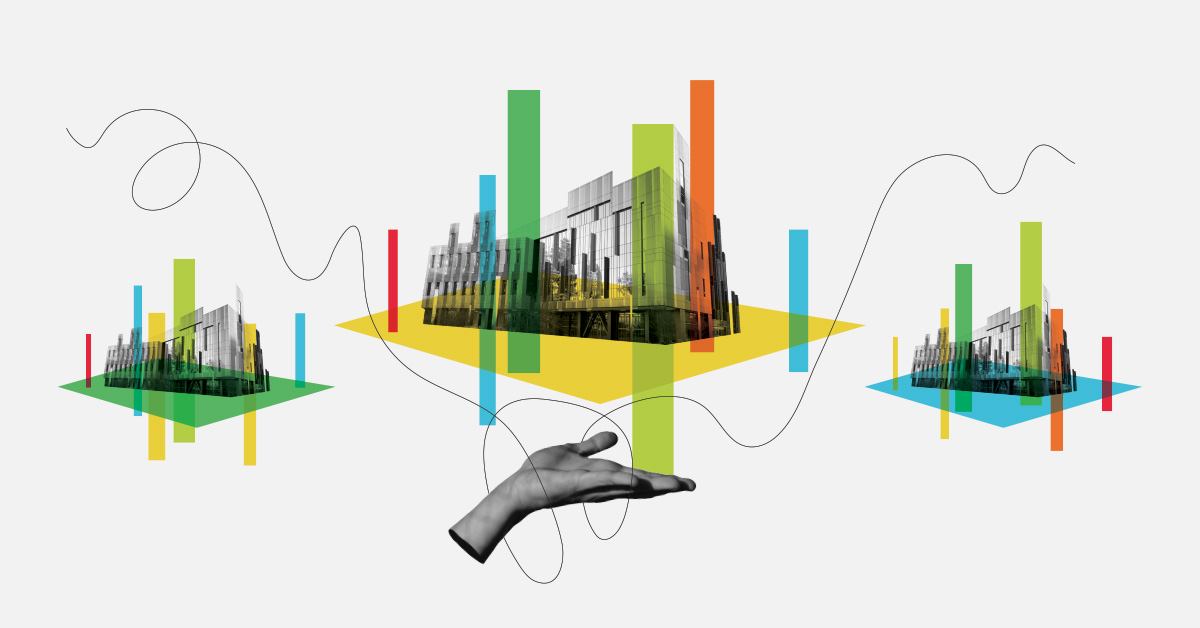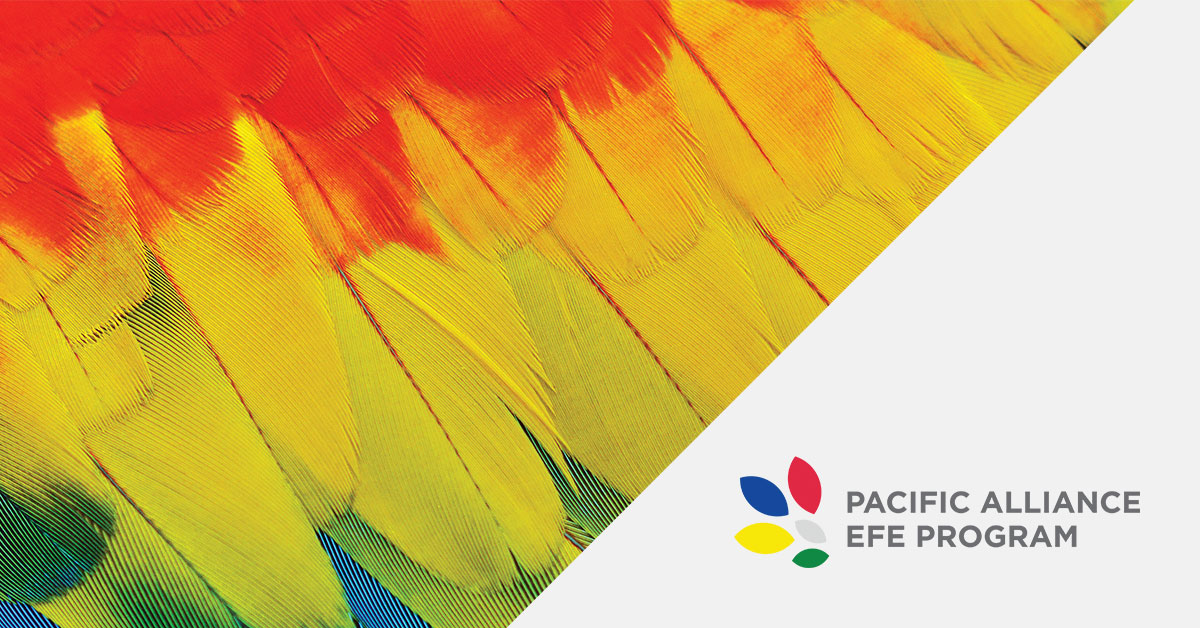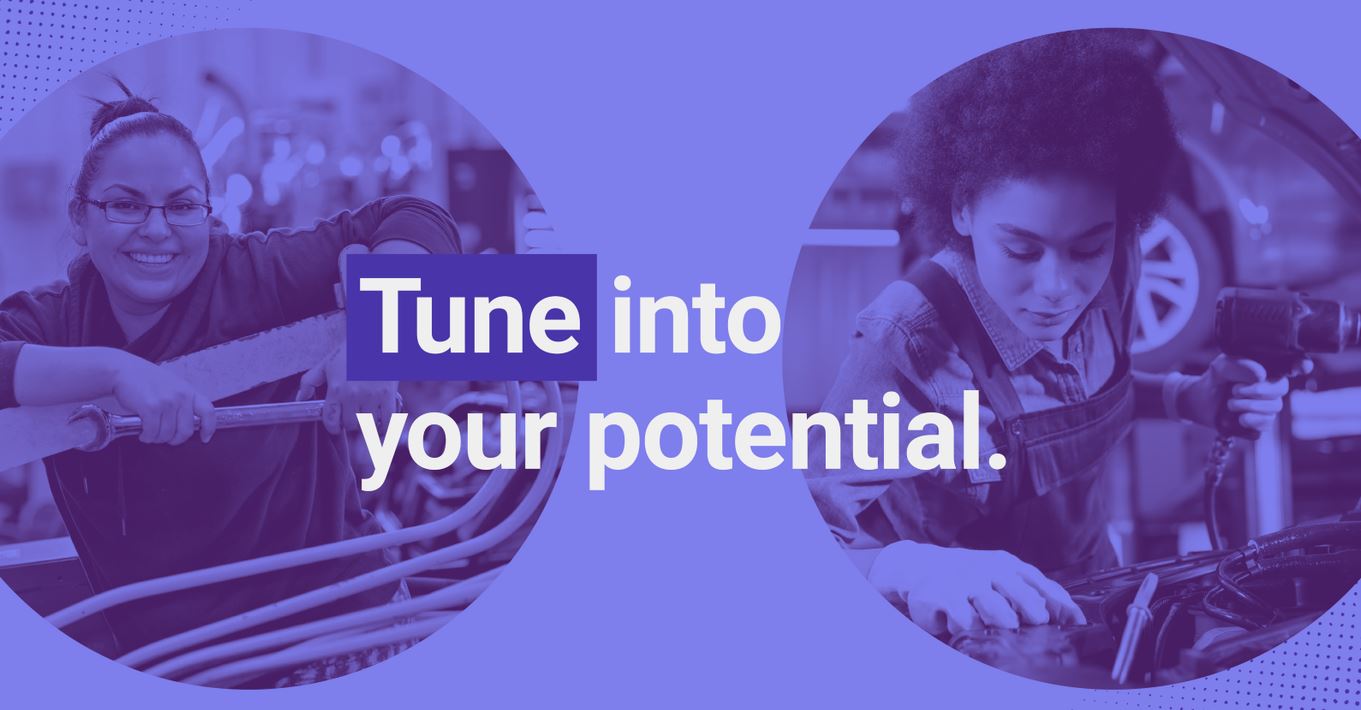What’s on My Mind? With Pari Johnston
Deputy Prime Minister and Minister of Finance Chrystia Freeland will be tabling the federal budget next week, with expected investments in housing, early childhood education, healthcare, and the next generation. For CICan, it’s an opportunity to make sure you – our members – are positioned to contribute to the long-term national agenda.
Investing in skills and innovation is critical to Canadians’ future in a rapidly changing world. My vision is one where Canada’s publicly-funded colleges and institutes are recognized as key partners in meeting our country’s biggest public policy challenges – things like providing sustainable and affordable housing, ensuring food security, transitioning to clean energies, driving productivity and industrial transformation, and responding to the growing needs of the care economy.
Thinking about the “why?” of investing in college and institute education and applied research means each challenge becomes an opportunity for us as educators, partners, and innovators to be a bigger part of the solution.
I understand our impact.
This budget season is also an important milestone for me because it marks my first 100 days at CICan and I’ve had a lot to think about since starting this role in December!
I come from a long line of educators; over three generations of family members have been teachers, principals, instructors, and school board superintendents. And, I’ve spent my career advancing the impact of Canada’s research, talent, and innovation ecosystem – first, at Universities Canada and later at Genome Canada. I’m proud to have landed at CICan, working now with Canada’s largest postsecondary network, and continuing a history of impact.
To say these past few months have been a whirlwind is an understatement. Our sector is under major pressure, with declining provincial funding and increasing labour market demands, all in the context of a very public national conversation on sustainable growth in international student numbers and global competition for talent and skills.
So, it’s a pivotal time to be the 8th steward of this important national organization and I’m excited about the opportunity to develop an approach to our work that is intentional, integrated, and impactful, all with an eye to meeting members’ evolving needs and priorities.
Already, I was inspired to see so many of you in Ottawa sharing your visions for greater impact at our National Applied Research Symposium in February. I know you’re looking to CICan to bring our sector together to find shared purpose, to reimagine research programs and investments, and to be bold about what we can accomplish with colleges and institutes centred as core partners in a mission-driven research agenda. Expect more on that.
I hear you.
Lastly, thanks for the incredible welcome. I’ve been on the road connecting with members across the country, and I’m impressed by the individual strengths I’ve seen and amazed at what’s possible when it all comes together.
Each institution has a unique approach that defines its impact at many levels. I’ve toured impressive examples of sustainable design in campus infrastructure and new centres for clean energy and automotive innovation, heard the community-building aspirations of senior leaders, and explored how your institutions integrate arts, technologies, and Indigenous education. I’m excited to continue my tour, to listen, and to learn more to inform and inspire our work here in Ottawa.
When we scale our shared commitments to supporting our communities, making learning accessible, finding practical solutions to partners’ research questions, and tackling urgent workforce challenges at the national level, our impact is unmatched.
That’s my “why?”.










